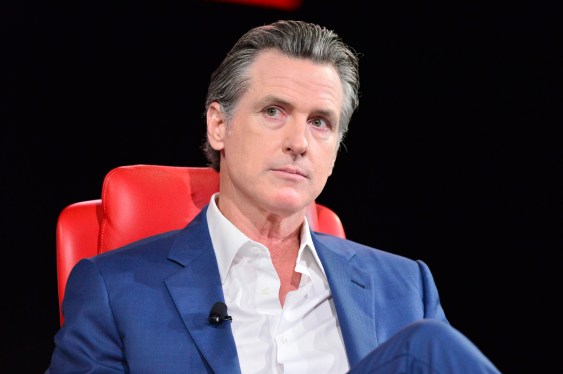California’s state senate gave final approval early on Saturday morning to a major AI safety bill that sets new transparency requirements for large companies. As described by its author, state senator Scott Wiener, SB 53 requires large AI labs to be transparent about their safety protocols, creates whistleblower protections for employees at AI labs, and establishes a public cloud to expand compute access, known as CalCompute.
The bill now goes to California Governor Gavin Newsom to sign or veto. He has not commented publicly on SB 53. Last year, he vetoed a more expansive safety bill also authored by Wiener, while signing narrower legislation that targeted issues like deepfakes. At that time, Newsom acknowledged the importance of protecting the public from real threats posed by AI technology. However, he criticized Wiener’s previous bill for applying stringent standards to large models regardless of whether they were deployed in high-risk environments, involved critical decision-making, or used sensitive data.
Wiener stated the new bill was influenced by recommendations from a policy panel of AI experts that Governor Newsom convened after his veto. Recent amendments to SB 53 mean that companies developing frontier AI models with less than $500 million in annual revenue will only need to disclose high-level safety details. Companies earning more than that will need to provide more detailed reports.
The bill has faced opposition from a number of Silicon Valley companies, venture capital firms, and lobbying groups. In a recent letter to Governor Newsom, OpenAI did not mention SB 53 specifically but argued that to avoid duplication and inconsistencies, companies should be considered compliant with statewide safety rules as long as they meet federal or European standards.
Andreessen Horowitz’s head of AI policy and chief legal officer recently claimed that many of today’s state AI bills, like proposals in California and New York, risk crossing a constitutional line by violating limits on how states can regulate interstate commerce. The firm’s co-founders had previously pointed to tech regulation as one reason they backed Donald Trump’s bid for a second term. The Trump administration and its allies subsequently called for a 10-year ban on state AI regulation.
In contrast, Anthropic has come out in favor of SB 53. Anthropic co-founder Jack Clark stated that while the company would prefer a federal standard, the absence of one makes this bill a solid blueprint for AI governance that cannot be ignored.

